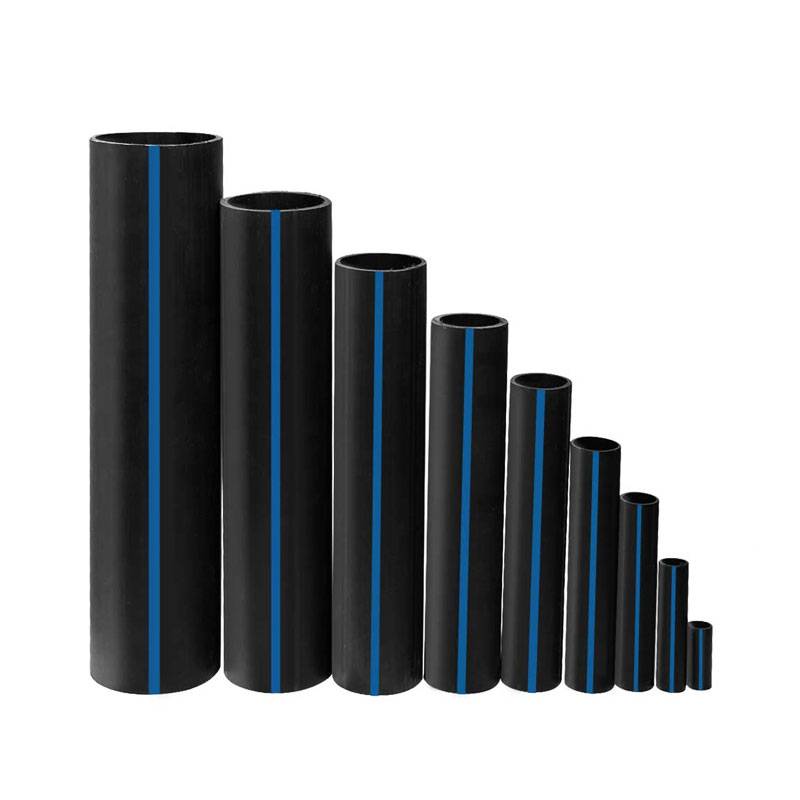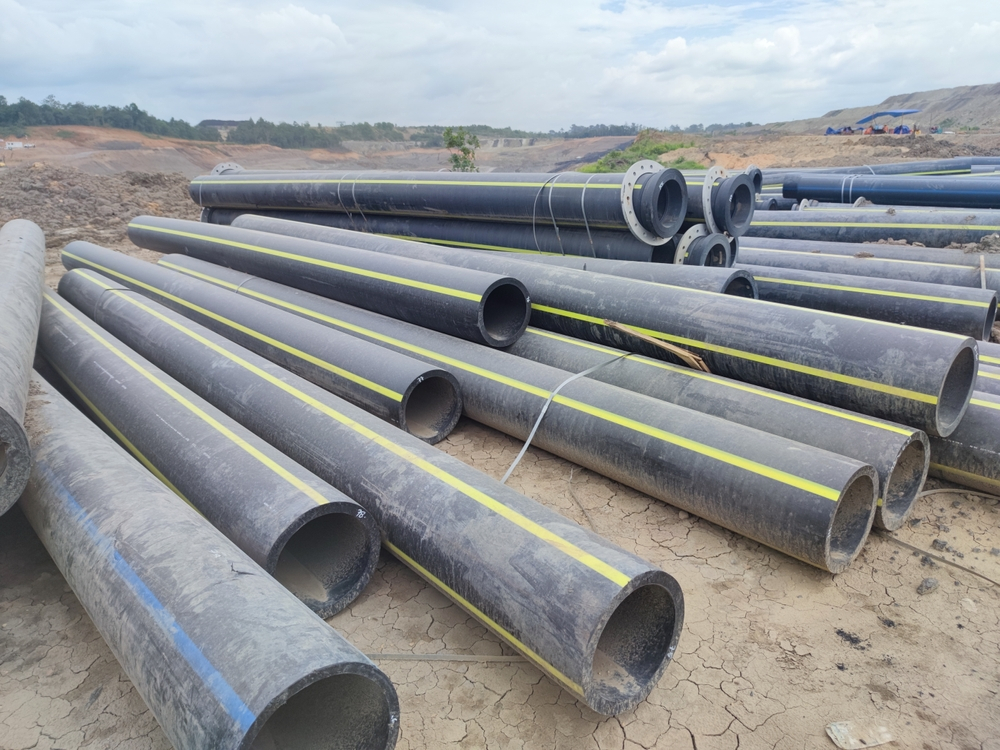Beginner’s Guide to Installing hdpe pipe fittings Midland TX for Long-Term Durability
Understanding the Key Perks of HDPE Pipeline for Water and Wastewater Management
The use of HDPE pipe in water and wastewater management provides countless benefits that warrant factor to consider. Its extraordinary durability and lengthy life expectancy make it a favored choice for several tasks. In addition, the product's resistance to deterioration and chemical damages improves its dependability in various environments. However, the benefits expand beyond just longevity and resistance. Discovering its cost-effectiveness and environmental impact discloses a lot more engaging factors for its extensive fostering in modern framework
Outstanding Resilience and Long Life

HDPE pipe sticks out for its exceptional longevity and longevity, making it a favored selection in water management systems. Built from high-density polyethylene, these pipelines can hold up against significant stress and stress, making sure reliable performance in time. Their durable nature allows them to withstand severe ecological conditions, including temperature level changes and soil motions, which can cause other products to stop working.
The life-span of HDPE pipes often goes beyond 50 years, giving an economical service for districts and industries alike. Additionally, the material's lightweight buildings simplify installment, reducing labor prices and durations. This sturdiness decreases the requirement for constant repair work or replacements, better boosting its financial charm.
In water administration applications, the reliability of HDPE pipelines suggests less interruptions and enhanced solution connection, making them indispensable to lasting facilities development. The combination of resilience and longevity solidifies HDPE's role as a keystone in reliable water management solutions.

Resistance to Deterioration and Chemical Damages
While lots of materials surrender to corrosion and chemical damage over time, HDPE pipes show remarkable resistance, making them suitable for numerous water administration applications. This durability stems from the molecular structure of high-density polyethylene, which is inherently non-reactive and does not rust like metals or break down from exposure to extreme chemicals. Because of this, HDPE is very effective in environments with hostile substances, such as wastewater systems that may have acids, bases, and organic solvents.
In addition, HDPE pipelines can stand up to ecological factors such as soil acidity and saline problems, further boosting their suitability for varied applications (custom hdpe pipe manufacturing Midland TX). Their ability to preserve architectural stability with time reduces the danger of leakages and failures, which is important in making sure the security and reliability of water circulation and wastewater administration systems. The resistance to corrosion and chemical damages considerably adds to the overall performance and durability of HDPE piping remedies.
Cost-Effectiveness and Financial Benefits
When taking into consideration the economic ramifications of water monitoring systems, the cost-effectiveness of HDPE pipes becomes noticeable. These pipelines use reduced installment and maintenance expenses compared to conventional materials like metal or concrete. Their lightweight nature simplifies transport and installation, causing minimized labor expenditures. In addition, HDPE pipelines display a long lifespan, typically exceeding 50 years, which equates to fewer replacements and lasting savings.
The resistance of HDPE to deterioration and chemical damages lessens the requirement for expensive repair services and substitutes. The pipes also support efficient water circulation, reducing power costs associated with pumping systems. By mitigating leakages and water loss, HDPE pipelines add to considerable economic advantages for towns and markets alike. In general, the preliminary financial investment in HDPE piping can produce significant economic returns over the lifespan of the water management system, making it a sensible option for lasting facilities growth.
Ecological Sustainability and Lowered Influence

Versatility and Adaptability in Setup
As a result of their unique homes, HDPE pipes supply exceptional adaptability and versatility in setup, making them suitable for a wide array of applications. Their light-weight nature allows for easier handling and transport, minimizing labor check here expenses and installment time. HDPE pipelines can be curved and shaped to fit numerous surfaces and project needs, which is especially useful in challenging settings.
In addition, their resistance to deterioration and chemical damage permits installment in diverse setups without the requirement for specialized protective coatings. The capacity to fuse joints creates a continual, leak-free system, improving the total stability and reliability of the installment. HDPE's adaptability additionally fits ground activity, reducing the risk of damage in locations susceptible to changing dirt. Overall, these qualities make HDPE pipes not only versatile but likewise a recommended choice for water and wastewater management systems.
Often Asked Concerns
Just How Does HDPE Pipeline Compare to PVC in Water Management Applications?
HDPE pipe provides premium flexibility, resistance to corrosion, and longevity compared to PVC. Its lighter weight helps with much easier installment, while its lengthy lifespan reduces replacement expenses, making HDPE a recommended selection in water management applications.
What Is the Life Expectancy of HDPE Piping Under Common Problems?
Under regular conditions, HDPE pipes can have a life expectancy varying from 50 to 100 years. Their resilience and resistance to deterioration add to their lasting performance in numerous applications, making them a trustworthy choice for facilities.
Are HDPE Water Lines Recyclable After Their Life Span?
Yes, HDPE pipes are recyclable after their life span. American Plastics HDPE Pipe for Oilfield. They can be refined and repurposed right into brand-new items, greatly decreasing ecological effect and advertising sustainability within the sector, making them an eco-friendly choice for piping options
What Is the Installation Refine for HDPE Piping?
The installment process for HDPE pipelines entails website prep work, trenching, pipe combination or mechanical joining, backfilling, and pressure testing. Proper strategies assure a sturdy and reliable system for transferring water and wastewater efficiently.
Can HDPE Pipeline Be Used for Both Potable and Non-Potable Water Equipments?
Yes, HDPE pipes can be used for both potable and non-potable water systems. Their versatility, durability, and resistance to deterioration make them appropriate for different applications, guaranteeing risk-free and effective transportation of water in different contexts.